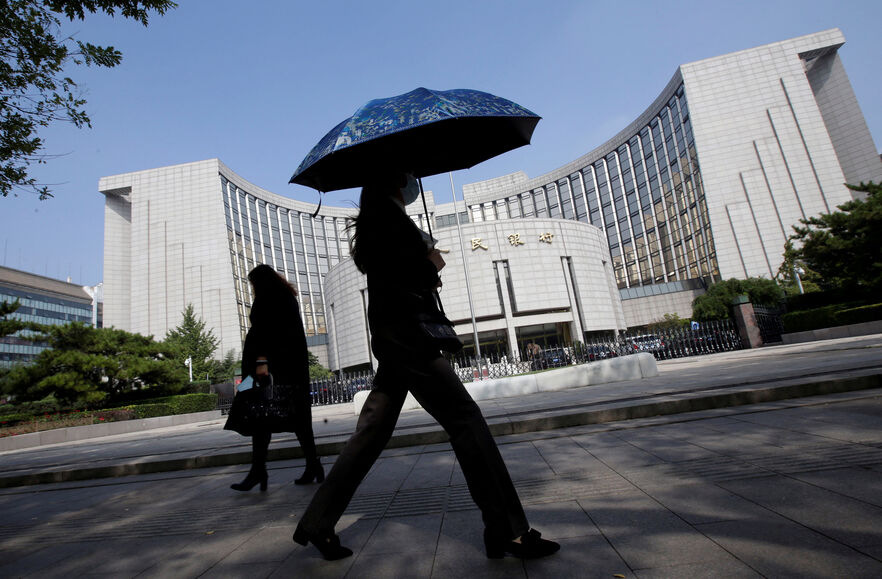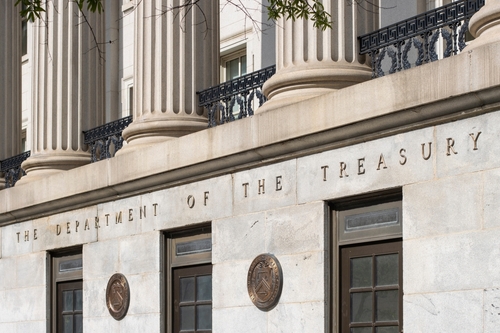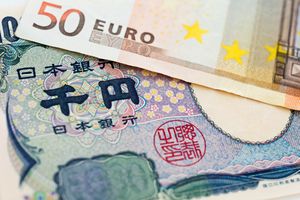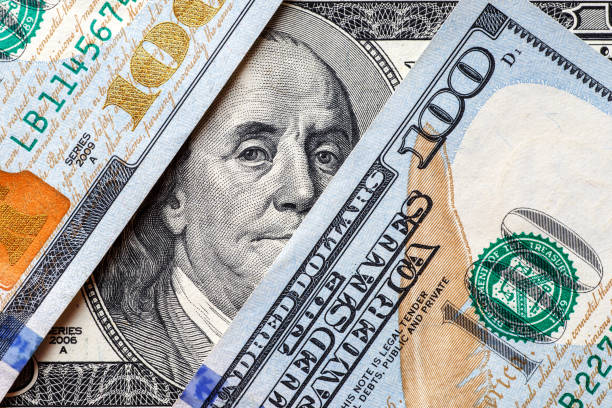Trump’s Tariff Shield, Musk’s Return to Roots: Tesla’s Road Ahead Remains Bumpy?

TradingKey – As U.S. President Donald Trump’s reciprocal tariffs roil global markets, Tesla—often seen as a rare tariff "winner" due to its U.S.-focused production and CEO Elon Musk’s imminent exit from a White House advisory role to refocus on automaking—may still face significant challenges.
Tesla’s stock swung wildly following Trump’s April 2 tariff announcement. TSLA shares initially plunged over 6% after the company reported disappointing Q1 2025 delivery numbers, only to rebound on Politico reports that Musk would step down from his role in the U.S. Government Efficiency Department within weeks. Investors bet on the billionaire’s renewed focus on reviving Tesla’s automotive prospects, sending the stock up 5.33% by the market close.
However, Tesla shares fell roughly 8% in after-hours trading following the formal release of the White House tariff plan. This knee-jerk sell-off suggests investors remain skeptical that Tesla can completely escape fallout from a broader global trade war.
While Trump’s latest tariffs avoid direct escalation on automobiles, analysts warn that the sector still faces rising costs and potential supply chain disruptions due to new import duties on vehicles and parts.
Patrick Masterson, a researcher at Cars.com, notes that Tesla’s top-selling Model Y sources only about 70% of its parts from within the U.S.
“The key takeaway people should understand is that no vehicle is 100% U.S.-made,” Masterson said.
Additionally, economists warn that Trump’s tariffs would amplify global economic headwinds, potentially dampening auto demand.





